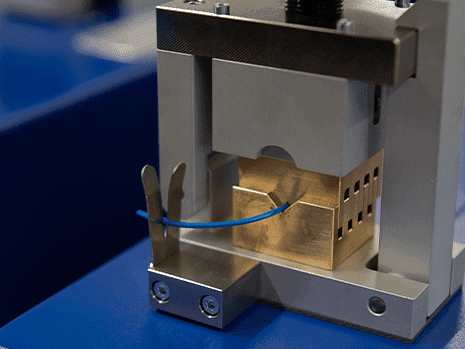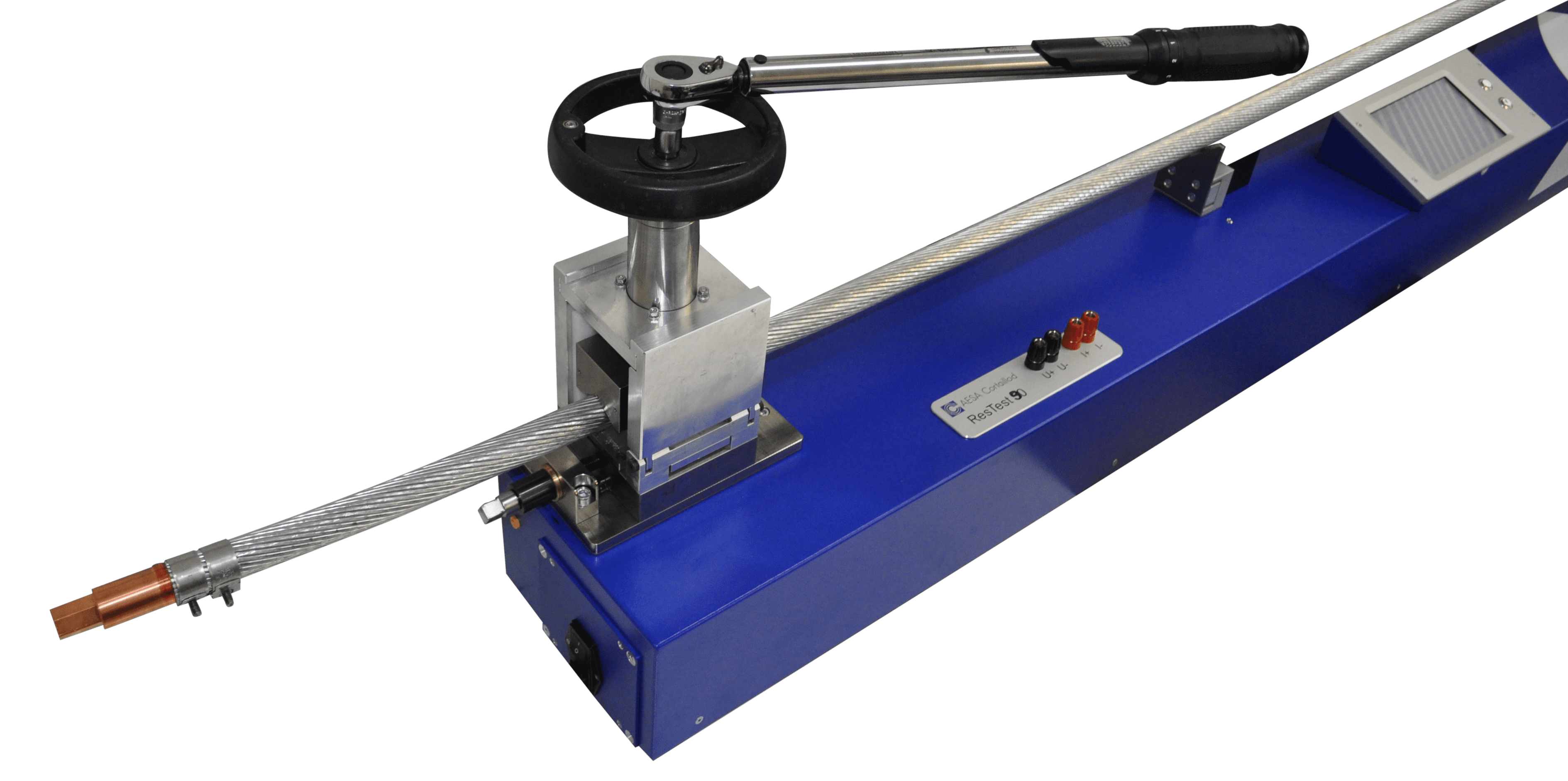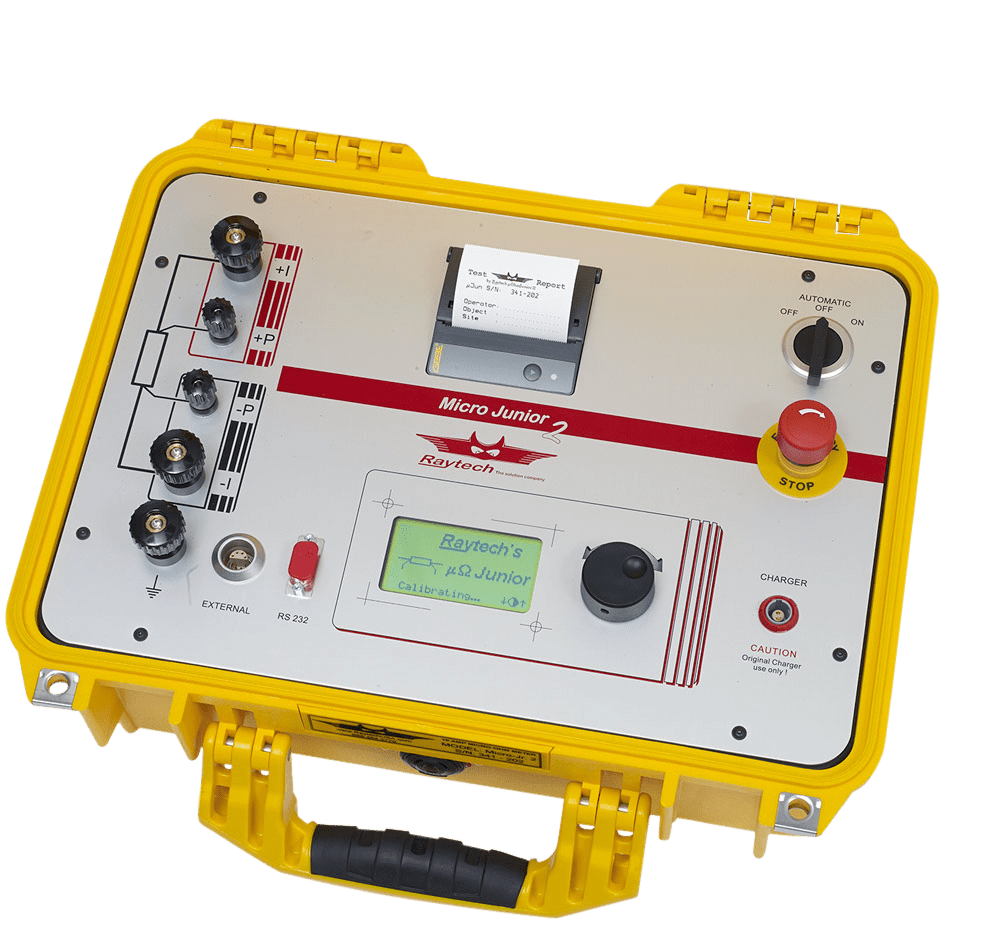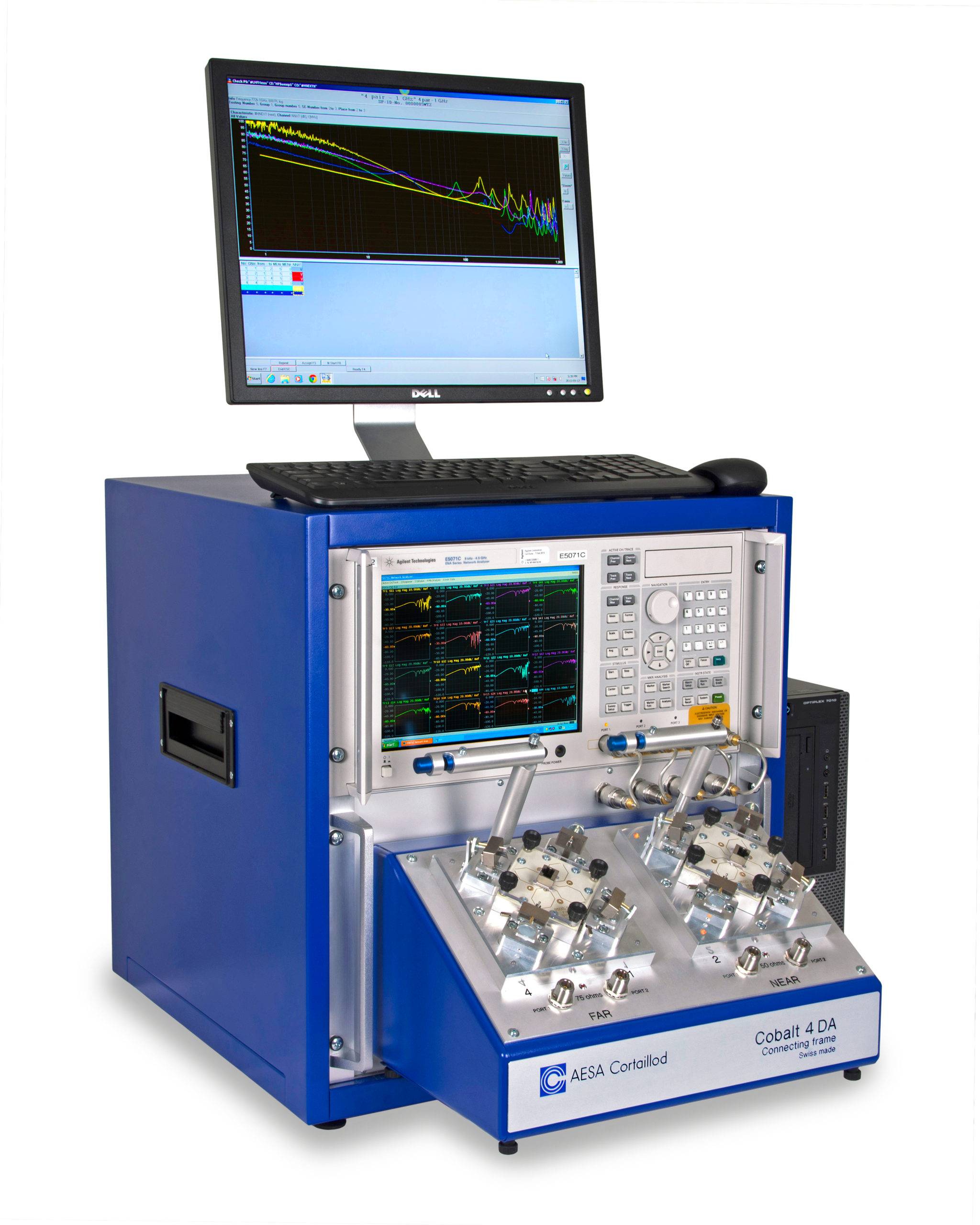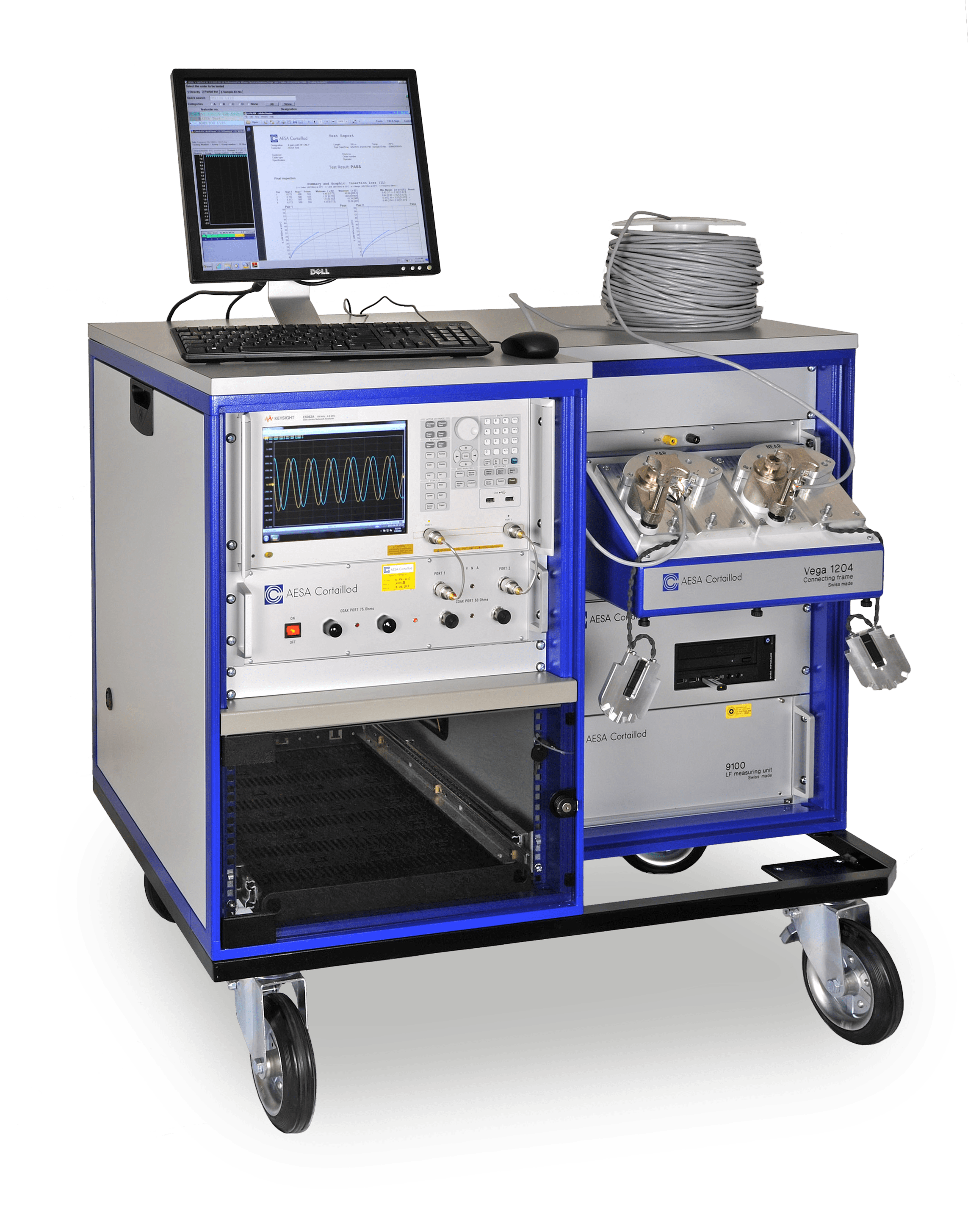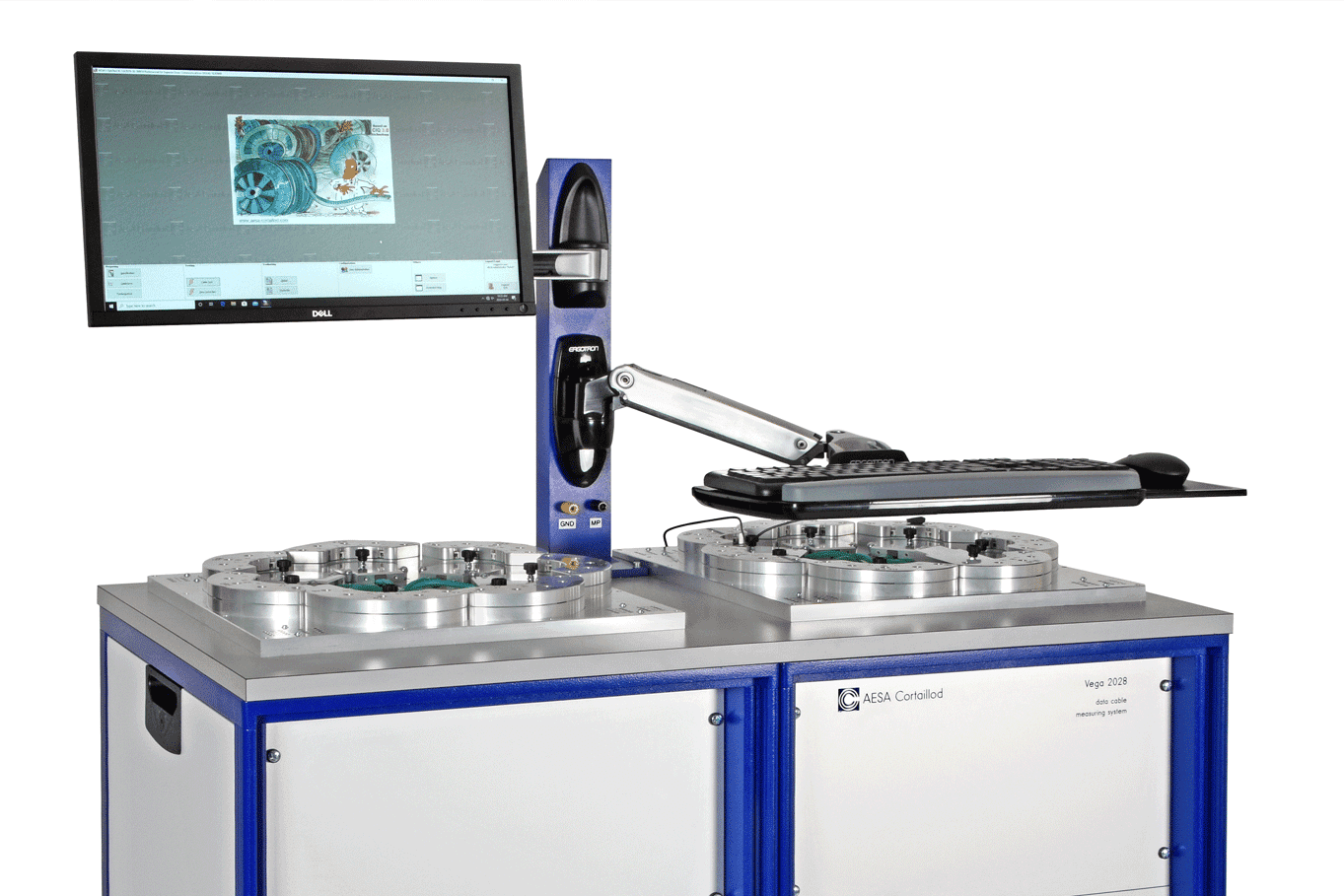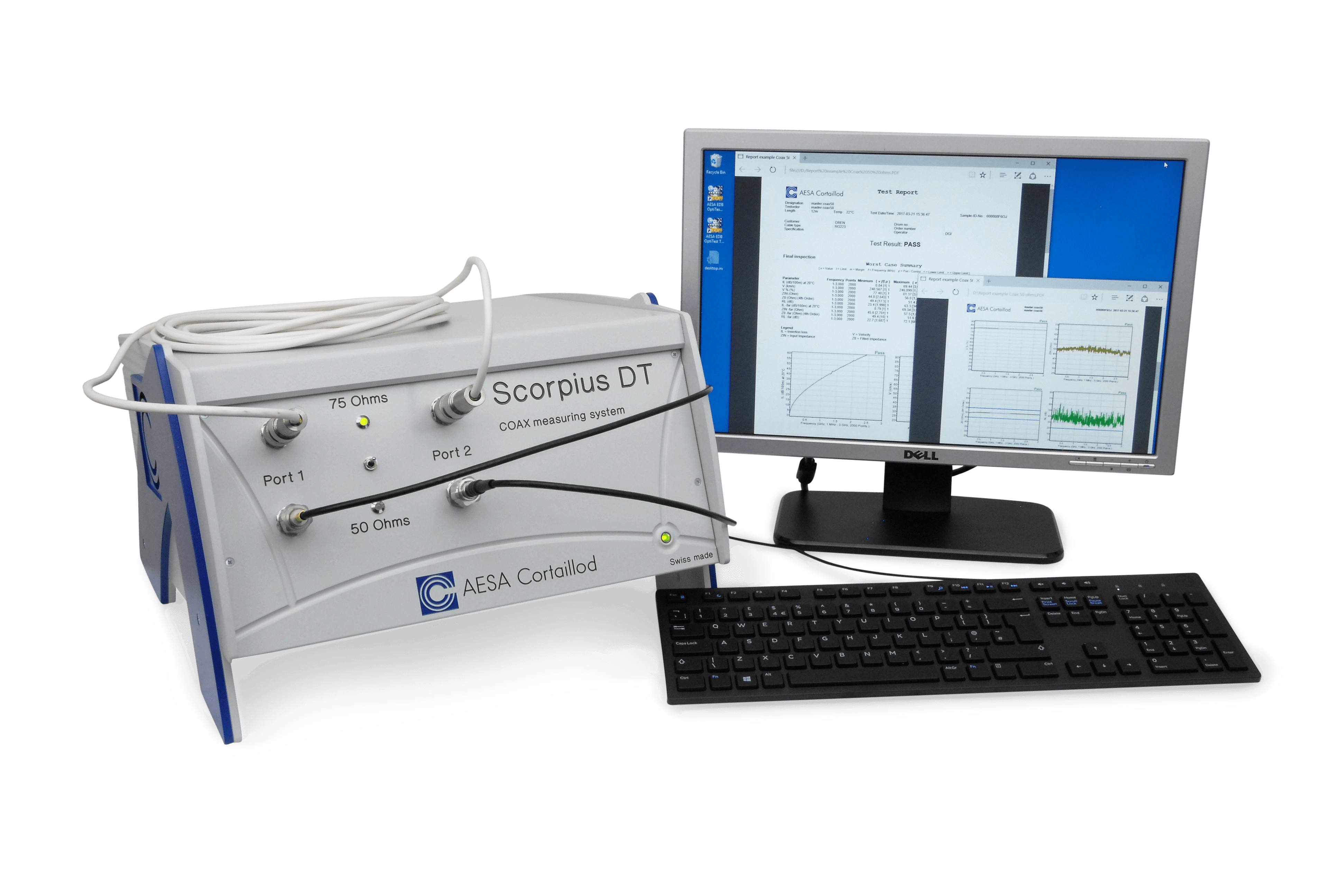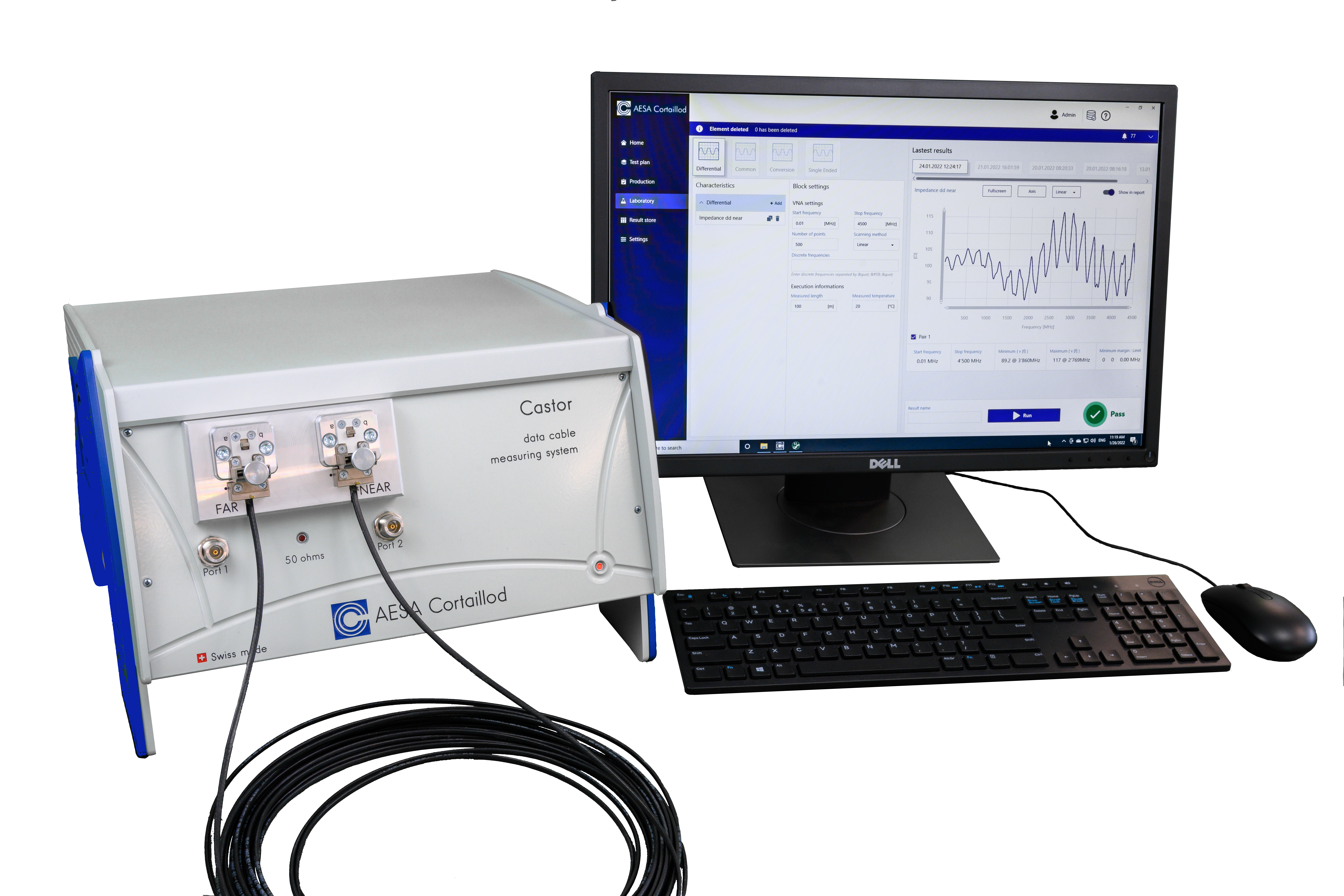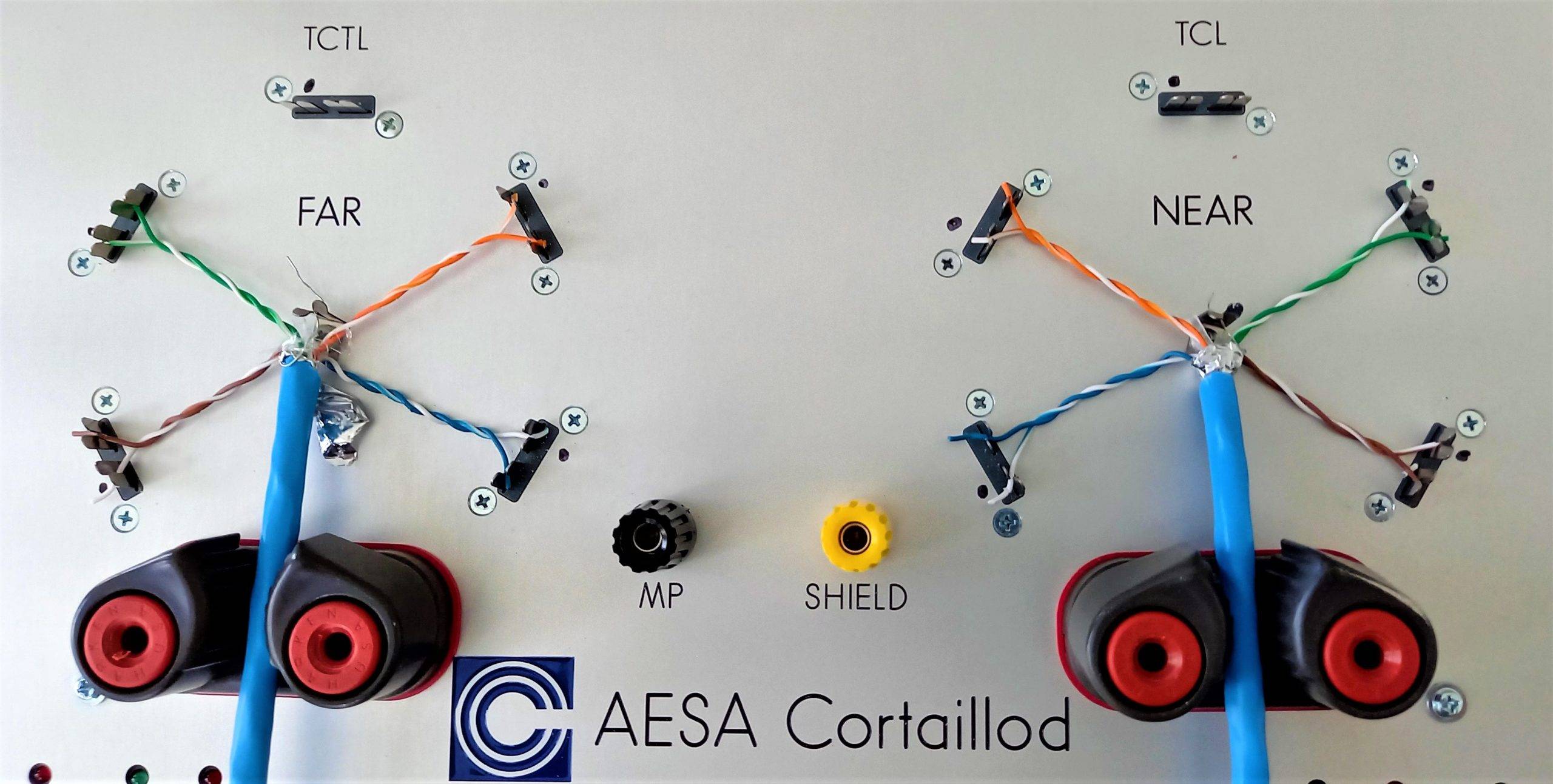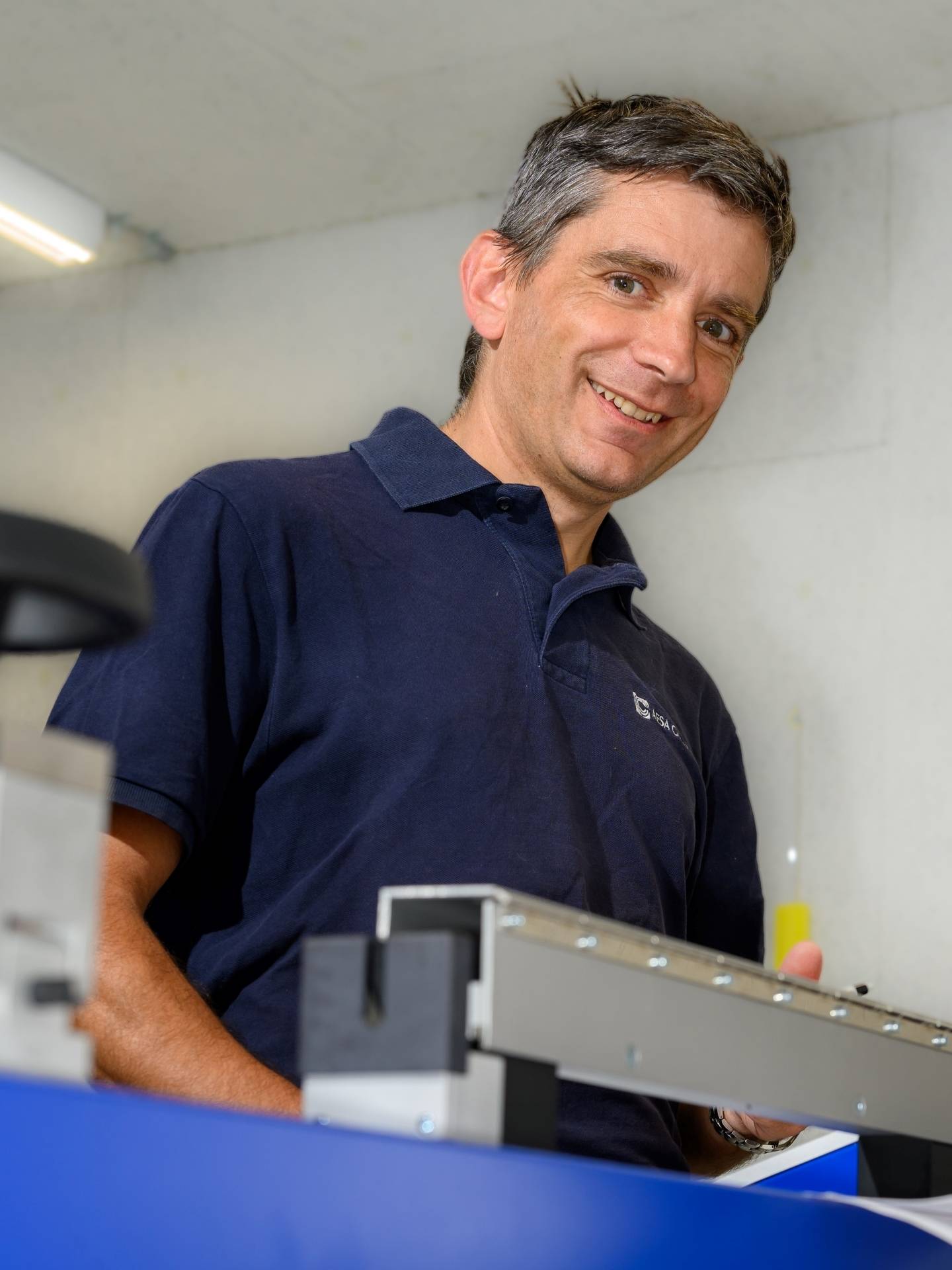Marine

Sail Safely, Thanks to Reliable Marine Cables On Board
Marine cables play a crucial role in the intricate electrical systems of large ships, ensuring safe and efficient operations for power supply but also communication inside the vessel or between ships.
Power Cables:
These cables keep the lights on and power various ship systems, from propulsion to lighting.
Examples include submersible pump cables, like the QYEQEY ESP Cable, which powers oil production equipment on vessels.
Communication Cables:
These cables facilitate ship-to-ship communication and transmit navigation data.
Unlike sailors using flags, ships rely on communication cables for smooth sailing and safe voyages. Types in this category include:
- Marine Data Cables
- Marine Telephone Cables
Some marine cables may appear small, but they comprise several components for excellent performance. A typical cable construction includes:
- Conductor: Carries electric current.
- Conductor Screen: Protects the conductor from interference.
- Filler and Binding Tapes: Support and secure components.
- Insulation: Prevents current loss.
- Insulation Screen: Adds an extra layer of protection.
- Separation Tape: Keeps components apart.
- Inner Sheath (Bedding): Provides additional protection.
- Metallic Sheen: Offers electromagnetic shielding.
- Outer Sheath: Protects the cable from the harsh underwater environment.
Electrical performance is crucial for marine cables. Tests include:
- Electrical Conductivity: Ensuring efficient current flow.
- Insulation Resistance: Verifying insulation integrity.
- Dielectric Strength: Assessing resistance to voltage breakdown.
- Measurements to meet required voltage, current, and temperature ratings for marine applications.
In summary, marine cables serve as the veins and nerves of ships, ensuring seamless communication and reliable power distribution in the challenging maritime environment.
Cable testing secures reliable data transmission and energy flow on vessels. It also ensures adherence to safety standards for safe operations on sea.
AESA makes measurement instruments available to perform such testing.
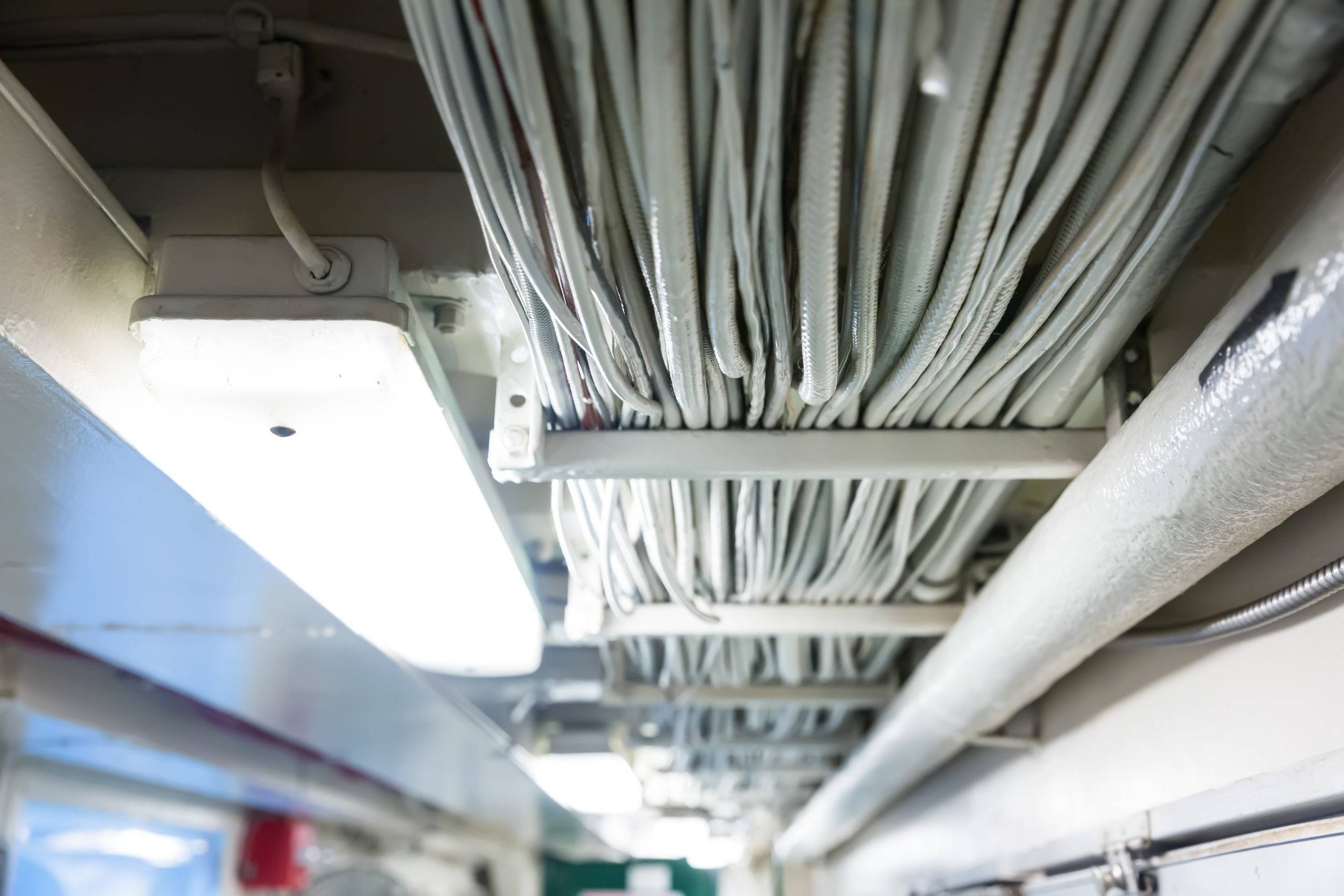
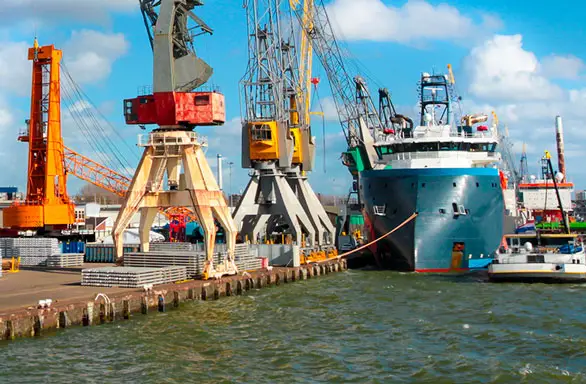
- All
- Communication
- Energy
RestTest 50
Conductors up to 50 mm2
ResTest 90
Conductors up to 1,000 mm2
ResTest Drum
Measures directly on the drum
Cobalt
Balunless solution: 4 pairs up to Cat8
Vega
Solution with baluns: 4 pairs up to Cat8
Vega AXT
Alien Cross Talk – 28 pairs up to Cat8
Scorpius
For coaxial cables
Castor
Single Pair Ethernet (SPE)
Lyra
Solution with balun: 4 pairs up to Cat7
Testing Laboratory
For qualification of marine cables

